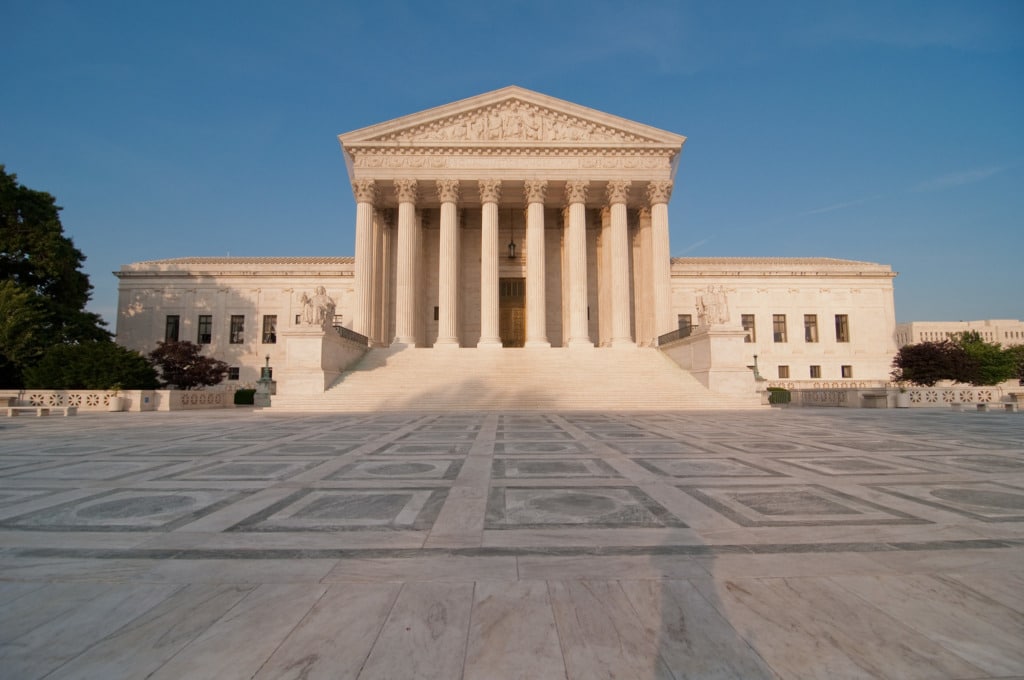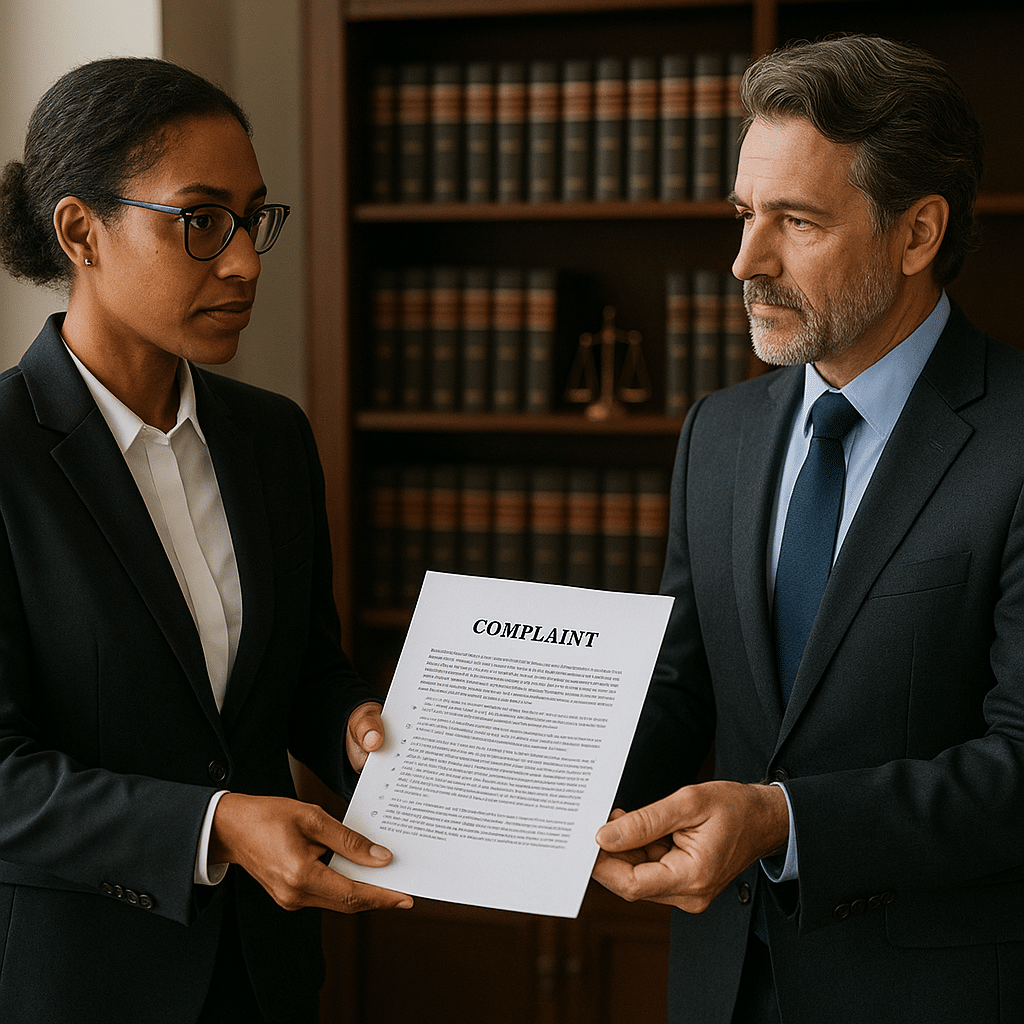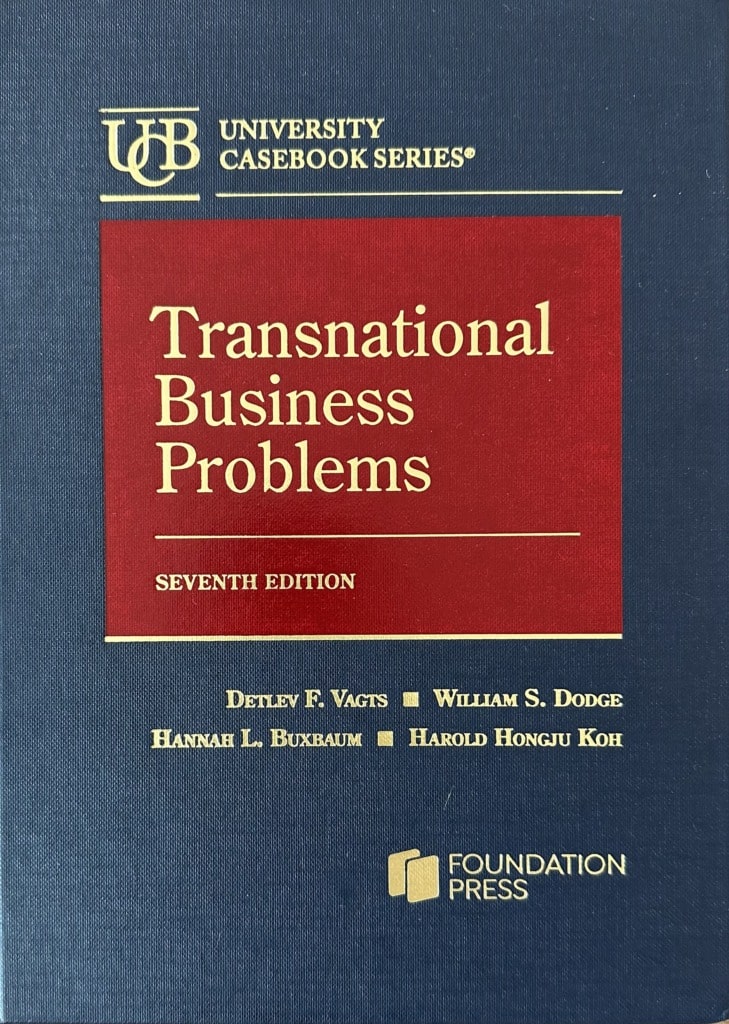Transnational Litigation at the Supreme Court, October Term 2025
Today is the first day of the Supreme Court’s October Term. This post briefly discusses transnational litigation cases in which the Court has already granted cert, as well as others that are in the pipeline and could be decided this Term. Cases in which the Court Has Granted Cert So far, the Supreme Court has…
Continue ReadingDOJ Takes Broad View of Foreign Affairs Preemption in Pipeline Case
The Trump Administration has made so many broad assertions of executive power this year that it can be hard to keep track. One such assertion that has not made headlines is found in a statement of interest filed on September 12, 2025, in Enbridge Energy v. Whitmer. At issue is Michigan Governor Gretchen Whitmer’s 2020…
Continue ReadingNew Paper on Extraterritorial Application of the Wire Fraud Statute
I have written before about a circuit split over when the federal wire fraud statute applies extraterritorially. The lower federal courts disagree about how much use of U.S. wires is required to make an application of the statute “domestic.” The Second Circuit has held that use of U.S. wires must be a “core component” of…
Continue ReadingDistrict Court Denies Saudi Arabia’s Motion to Dismiss 9/11 Claims
On August 28, 2025, Judge George B. Daniels (Southern District of New York) denied the Kingdom of Saudi Arabia’s (KSA) motion to dismiss claims arising from the 9/11 terrorist attacks. In In re Terrorist Attacks on September 11, 2001, Judge Daniels concluded that the plaintiffs had presented sufficient evidence to establish an exception to KSA’s…
Continue ReadingMore on Serving Foreign Defendants’ U.S. Counsel to Avoid the Hague Service Convention
In April, one of us wrote a post describing a case in which Judge Carol Bagley Amon (Eastern District of New York) relied on New York rules to order service on foreign defendants through their U.S. counsel. Because the service was completed in the United States, there was no occasion to transmit documents for service…
Continue ReadingWelcome, Hannah Buxbaum!
We are excited to announce that Hannah Buxbaum has joined us as a TLB editor! Hannah is an esteemed scholar who writes on jurisdiction, extraterritoriality, and other topics related to international litigation and comparative law. Regular readers may recall her posts on anti-suit injunctions and on the Venezuelan deportation litigation. Hannah just joined the law…
Continue ReadingTrump Administration Backs Helms-Burton Plaintiffs in Two CVSGs
Last week, the Solicitor General filed briefs recommending that the Supreme Court grant review in two cases under the Helms-Burton Act. Passed in 1996, Helms-Burton allows U.S. nationals who own claims to property expropriated by Cuba to sue any person who traffics in such property, potentially for three times the value of the claim. Under…
Continue ReadingTrademark Infringement and Exports after Abitron
Two years ago, in Abitron Austria GmbH v. Hetronic International, Inc. (2023), the Supreme Court applied the presumption against extraterritoriality to the federal trademark statute (the Lanham Act), holding that the Act applies only to domestic conduct. Abitron involved imports. Products bearing an infringing trademark were made abroad, some of which were sold, directly or…
Continue ReadingUsing TLB to Teach International Business Transactions (2025 Update)
As the fall semester gets underway, we are updating our posts on using resources on TLB to teach various classes. This post discusses International Business Transactions (IBT). Although TLB focuses on litigation and IBT focuses on transactions, there is a great deal of overlap. The most obvious examples are contractual clauses that plan for dispute resolution,…
Continue ReadingD.C. Circuit Holds that District Court Must Decide Jurisdictional Facts under FSIA for Itself
In a recent decision, Hulley Enterprises Ltd. v. Russian Federation, the D.C. Circuit held that a district court must decide for itself any “jurisdictional facts” necessary to establish subject matter jurisdiction in suits against foreign states under the Foreign Sovereign Immunities Act (FSIA). The plaintiffs sought to enforce an arbitral award against Russia. The FSIA’s…
Continue Reading







